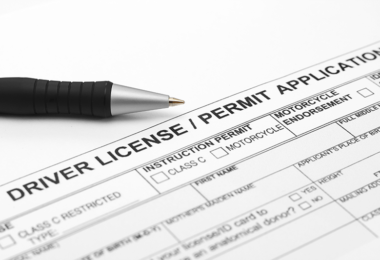Home / Modules / Components / Minimum entry age for intermediate stage / Key research findings
Key research findings
- Studies of New Jersey’s policy have shown the extra safety benefits that accrue from a minimum license age of 17.6
- Trempel (2009), in a U.S. national study of insurance claims, reported a one-year delay reduced insurance claims at age 16 by 9%. There is evidence that age 17 has greater benefits than 16 ½, 16 ½ better than 16, and 16 better than 15.
- McCartt et al. (2010), in a national U.S. study of fatal crashes, reported that delaying licensure for 6 months, from 16 to 16 ½ lowered the fatal crash rate by 7%, and delaying for one year (16 to 17) by 13%.
- Masten et al. (2013), in a national U.S. meta-analysis, reported that a licensing age of 16 ½ or 17 lowered the fatal crash incidence for 16-year olds by 23%, although there was no effect at age 17.
- Senserrick and Williams (2013), in a review of the literature, also concluded that age 17 will yield greater benefits than age 16, and that age 18 will be better than age 17.
- Drummond (1986), in an Australian study, found that licensing at 18 is more beneficial than 17.





